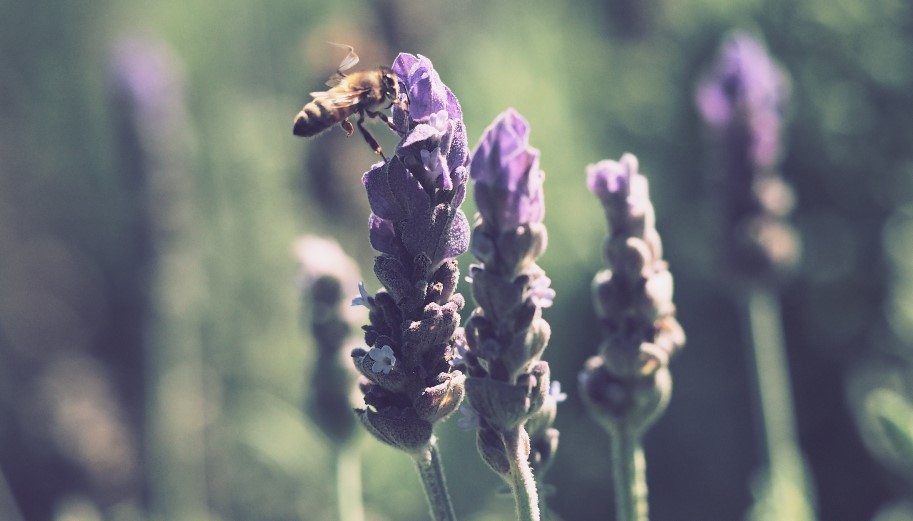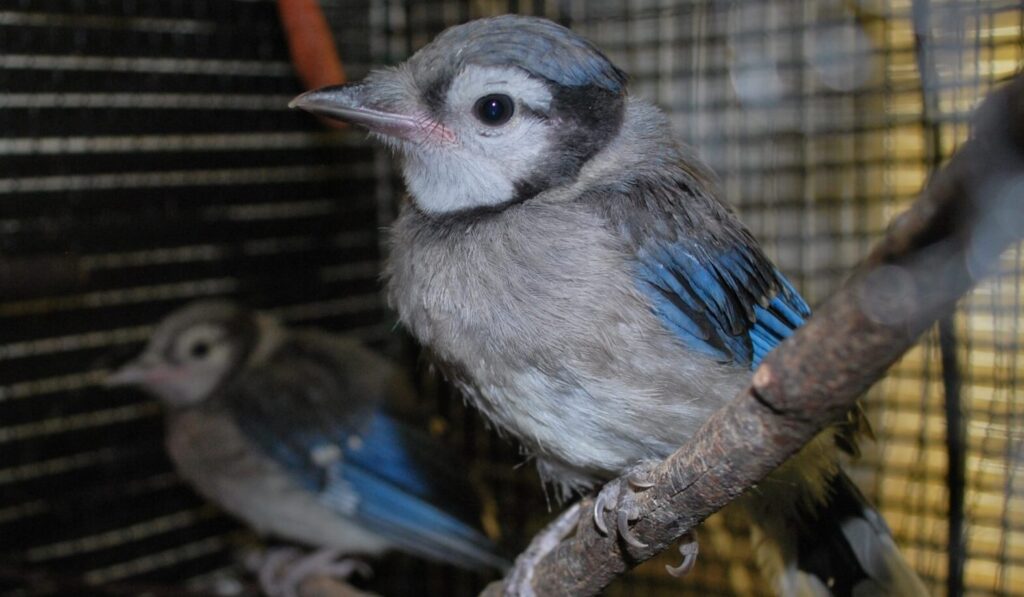Making Your Yard A Wildlife Paradise
By Katherine Czekaj

There are countless ways to help support your native ecosystem, but they all rely on four guiding principles: better water management, better soil quality, increase biodiversity of native species, and decrease environmental poisons. Which are you already engaged in, and which areas need work in your yard?
1) Better Water Management
How often do you water your lawn and gardens, and where does the water come from? Timed sprinkler systems overwater plants, which both stunts the growth of root systems as well as creating run-off of excess water, which often ends up collecting pollution from driveways and streets before being dumped in nearby rivers or lakes. A better option is literally falling from the skies: rainwater, either collected in a rain barrel for as-needed use or guided via trenches and pipes toward rich garden soil where it can be absorbed. Mulching, using dead leaves, or grass clippings around the base of plants also helps to retain water in the soil.
2) Better Soil Quality
Speaking of mulch! Wood chips, newspaper, dead leaves, grass clippings, and other organic matter all provide important nutrients to your garden soil via decomposers like mushrooms and pill bugs, that can then be absorbed by your plants’ roots and used as a natural fertilizer. Not only do you save money at the garden center, by using compost and avoiding chemical fertilizers, the soil is safer for the ecosystem it’s in, as well as wherever any runoff water ends up.
3) Increase Biodiversity of Native Species
Did you know that many of the flowers growing in your yard aren’t from New Jersey? Many non-native plants have become invasive: taking advantage of a lack of local predators to outcompete native plants for important resources like soil nutrients and sunlight. The more they spread, the more endangered our native species become, which also endangers the native species that feed exclusively on that species. By replacing non-native species, like Japanese Honeysuckle (Lonicera japonica) with a New Jersey native species, like Northern Highbush Blueberry (Vaccinium corymbosum), you’re helping not only to support other native plants, but also pollinators, birds, small mammals, and your entire backyard ecosystem.
4) Decrease Environmental Poisons
Non-native species aren’t the only danger to native wildlife. Even more dangerous are pollutants added to the environment like herbicides, insecticides, and fertilizers. “Weed killers” not only kill weeds: they also kill flowering plants, vegetables, and herbs, as well as insects on or under the plants and soil they’re sprayed on. Similar to herbicides, insecticides can’t discriminate between insects. You may spray it for grubs, but it can also poison and kill important pollinators like honey bees, ants, caterpillars, and butterflies.
So what’s the solution? Instead of fertilizing with chemicals, create a compost bin or pile and periodically add scoops to your garden. Turning the garden soil at the start of the growing season can help incorporate this fertilizer while also aerating the soil, which encourages root growth and water dispersal. For problem insects like aphids and grubs, consider using natural predators, like ladybugs and beneficial nematodes. If weeds are a problem, pull weeds of invasive species like Mock Strawberry (Potentilla indica) and Tree of Heaven (Ailanthus altissima) out entirely by the root, while embracing the growth of native “weeds” in your lawn and garden. Wood Violet (Viola sororia), for example, often considered a weed in New Jersey lawns, is actually a beautiful native flowering plant. Not to mention, it’s New Jersey’s state flower!

Sources:
“New Jersey Native Plant Profiles & Photos” Awesome Native Plants, 27 June. 2024, https://www.awesomenativeplants.info/photo_galleries/pg_list_common.html.
“Invasive Plants” Department of Environmental Protection, 27 June. 2024, https://dep.nj.gov/invasive-species/plants.
“Create a Jersey Friendly Yard” Jersey-Friendly Yards, 27 June. 2024, https://www.jerseyyards.org/create-a-jersey-friendly-yard.
